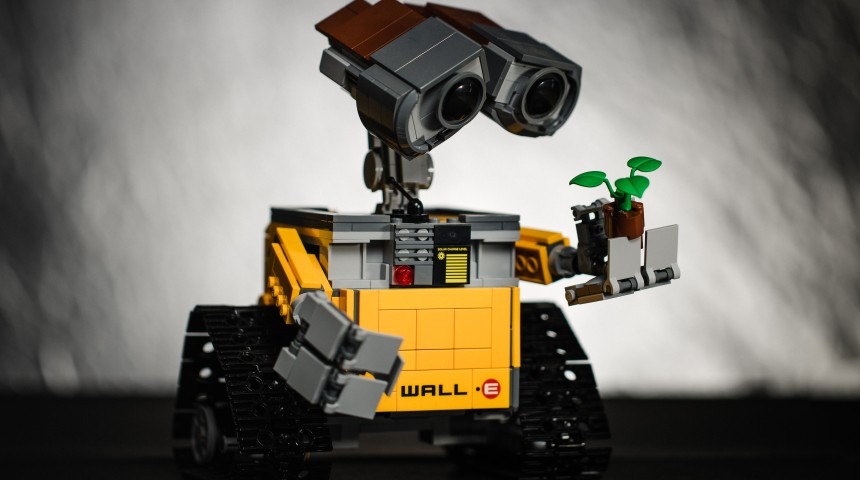I logged into LinkedIn on Friday evening… I’m not really sure why. And within a quick scroll I saw a few people posting articles that they had asked ChatGPT to write for them.
One of them, asked it to describe their first day back in the office and about the value of face to face human connections. The few paragraphs the AI tool generated for them were good – nicely written as far as a LinkedIn post needs to be… but it struck me that this was the sort of article people all over the world might ask the robot to write. And as such, were other people across the globe posting pretty much the same text? As one thing the world does not need more of is duplicate content – there’s enough mundane content out there as it is.
I Googled a sentence of what my friend had generated, and Google didn’t seem to know of any other iterations of it on the web – yet.
I set about researching what the SEO world thought about ChatGPT, and the risks of duplicate content – someone posting on LinkedIn might not care that much right now, but SEO’ers know the damage of repeating stuff that’s already been published elsewhere so I thought they’d be a good source of ideas. All I could find though were articles explaining how the chatbot can really help you re-word samey product descriptions or articles if you need fresh ways to word things.
Surely though – surely – if the AI has a “voice”, that voice will tend to describe things in the same way? When I get asked the same question again and again, I sometimes copy and paste my answer from last time. Any human copywriter might have a few different ways to word things, but if you were being asked the same question millions of times, as ChatGPT will be if it isn’t already, wouldn’t you repeat yourself sometimes?
So doesn’t that make using ChatGPT for copywriting a little dangerous? Don’t you run the risk of just sounding like everyone else who uses it for their copy? And won’t that get really, really boring for the world?
I did see a great video by Ryan Reynolds, where he determined the tone of voice he wanted and exactly what he wanted included, and ChatGPT nailed it. But he actually posed his request really well – so does it come down to knowing how to use a tool to good effect? And will all of it’s users do that? Or will people get lazy? Or just not understand the importance of asking the right questions in the first place?
Eventually I found an article by Ian Bogost for TheAtlantic.com – the first person I came across to challenge ChatGPT – and I mean challenge it in a “set it up for failure” kind of way. And he reported duplicate content:
“Sometimes it simply used templates. When I asked ChatGPT to generate a cover letter for a university job, it obliged in a competent but uninspired way. It also produced exactly the same letter for a job as a magazine editor as it did for a job as a cannabis innovator in the Web3 space (“I have a deep understanding of the web3 space and the unique challenges and opportunities it presentsâ€). Fair enough: Most cover letters are terrible, after all, repeating the same trite lines and abstract gestures.”
I did find SEO people saying that if they did use it, they’d still run an eye over what it produced and perhaps tweak it – perhaps that’s the way you can use it for work for now, to do the heavy lifting but then you make it your own. A word of warning of course – Google doesn’t like the concept of AI written text and has said it’ll hunt you down and penalise you if you use it (not their words) – I just dived into SEO circles to research the topic of duplicate content because that’s where it is more a cause for concern.
ChatGPT is young – and it’s already incredible – so it will continue to get more incredible no doubt, but personally I’m not expecting it to take over all of my marketing for me already. Plus, I think – like with all tools – those who are better at using it will achieve greater results.


